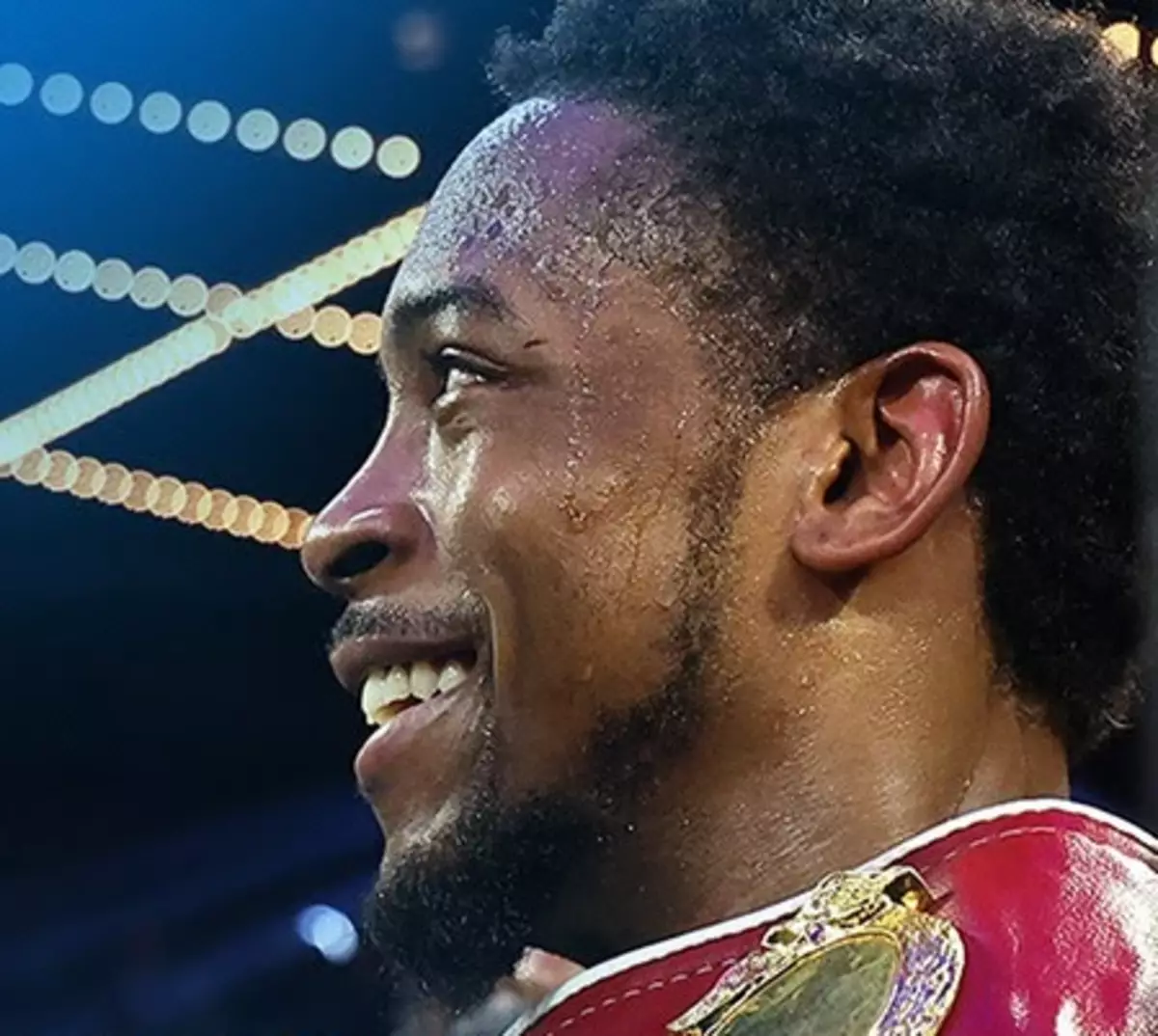In the world of professional boxing, relationships can take unexpected turns, particularly when financial gain enters the equation. Keyshawn Davis, a rising star in the lightweight division, has recently been embroiled in speculation surrounding a potential bout with his friend, the WBC lightweight champion Shakur Stevenson. Initially expressing reluctance to challenge his “brother,” Davis’s stance has shifted, revealing how the allure of money can alter personal connections in the fierce arena of sports.
After Shakur Stevenson made headlines by publicly indicating his willingness to fight if a lucrative offer came from promoter Turki Alalshikh, Davis’s response was swift and revealing. With a simple directive to “send the offer then,” he seemed to cast aside personal considerations in favor of a lucrative matchup. This shift underscores a broader truth in boxing: friendships often yield to business interests when substantial paydays are on the table.
Davis’s strategy as a fighter has largely revolved around circumspect career choices. Labeling himself ‘The Businessman,’ he has been meticulous in selecting matchups that minimize risk while ensuring a higher probability of victory. This approach has drawn criticism from purists who bemoan the rise of manufactured fighters—the kind who seem more skilled at crafting a lucrative career than consistently testing their mettle in the ring. In contrast, Stevenson has proven himself against tougher opposition and currently has an unblemished record that marks him as a formidable force in the division.
The upcoming hypothetical bout poses intriguing questions about the fighters’ respective skill levels and physical attributes. Stevenson’s superior technical ability suggests he would dominate in a conventional matchup, but Davis’s impressive size—especially since he appeared heavier and more muscular in his recent victory against WBO lightweight champion Denys Berinchyk—could play a significant role. This segment of the analysis paints Davis not merely as a prospect but as a challenger who brings a different kind of threat to the table.
The lightweight category remains a landscape filled with uncertainty as prominent fighters like Gervonta Davis and Vasily Lomachenko are embroiled in their respective careers. Gervonta’s absence from the ring against challengers like Davis and Stevenson leaves a void that these younger fighters are eager to fill. However, negotiating high-stakes matchups will be a challenge, particularly if potential opponents lack the drawing power to create a financially rewarding environment.
Davis’s reluctance to face former rival Andy Cruz reveals deeper strategic thought, as he carefully assesses the risks versus rewards of pursuing certain fighters. With Stevenson, the dynamic shifts as brotherhood and business collide; both fighters grapple with the implications of publicly discussing a bout while remaining mindful of their personal bond.
Ultimately, while the possibility of a Davis-Stevenson match may stir excitement among fans, it symbolizes a critical juncture in both fighters’ careers. Will they put their brotherhood aside for business, or will personal ties remind them of their shared history? Boxing is known for its unexpected twists, and the road ahead for Keyshawn Davis and Shakur Stevenson will likely be determined as much by financial considerations as by loyalty. Each choice they make will not only define their careers but also reshape their relationship in the ever-complex tapestry of professional boxing.

